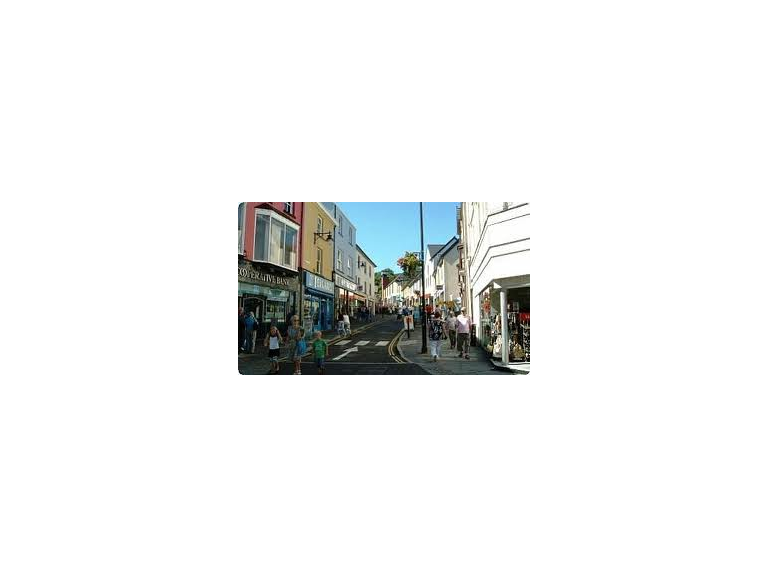
Pontypool grew around industries including iron and steel, coal mining and the growth of the railways. Pontypool's iron industry dates back to the early fifteenth century when a bloomery furnace was established at Pontymoile.
In 1690 a petition was accepted for a market to be established in Pontypool, the petition allowed a weekly market and three annual fairs. Trade and commerce also developed Pontypool, largely due to the endeavours of the Vaughan family that acquired a strong reputation for clock-making during the eighteenth century.
By the middle of the eighteenth century the small town was providing employment, housing and commercial role.
Pontypool became home to a welsh baptist college in 1836, when it moved from Abergavenny. Once the welsh baptist was relocated to Cardiff the former college became the county grammar school for girls in 1897, in the following January, west monmouth grammar school was opened for boys.
The construction of the Monmouthshire canal during the 1790s connected Pontnewynydd to Newport and later connected with the Brecknock and Abergavenny canal at Pontymoile in 1812.
Pontypool is well-known for its park, the park was the historic seat of the Hanbury family who developed a permanent residence in Pontypool in 1694. The demonstrated by the family is the ornate shell grotto summerhouse within the park. In 1920 the house and its park entered public ownership and this allowed for the site to be developed as a public amenity. A bandstand was added in 1931, the leisure centre and artificial ski slope were introduced in1974.
There is a comprehensive school and a Coleg Gwent campas located in the town, the campas is formerly known as Pontypool college.
Did you know? Anthony Hopkins briefly attended west monmouth school.
The following Cookies are used on this site. Users who allow all the Cookies will enjoy the best experience and all functionality on the site will be available to you.
You can choose to disable any of the Cookies by un-ticking the box below but if you do so your experience with the Site is likely to be diminished.
In order to interact with this site.
To show content from Google Maps.
To show content from YouTube.
To show content from Vimeo.
To share content across multiple platforms.
To view and book events.
To show user avatars and twitter feeds.
To show content from TourMkr.
To interact with Facebook.
To show content from WalkInto.